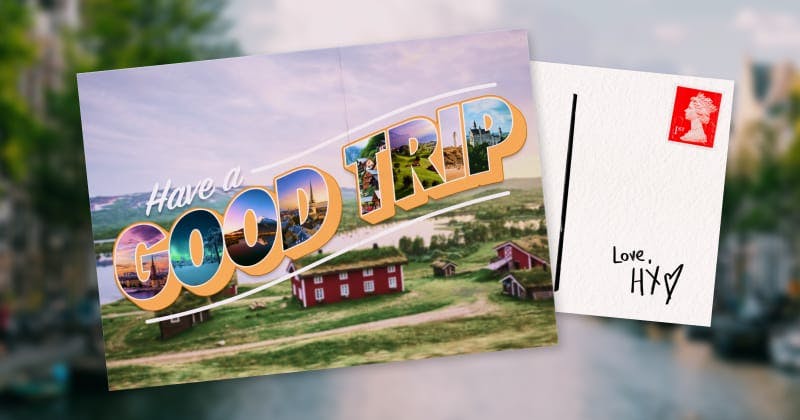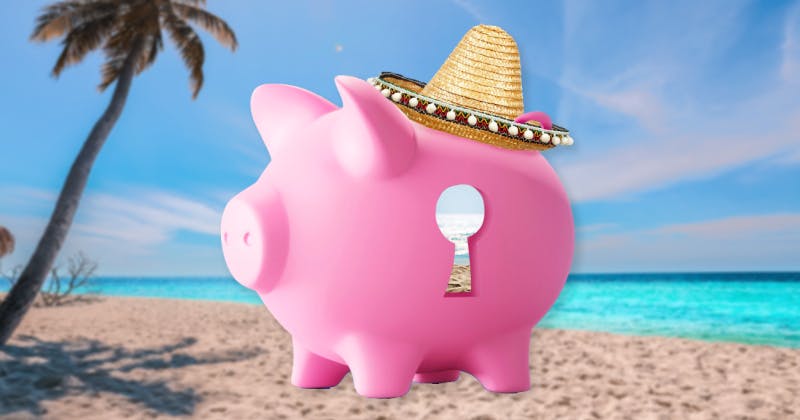
St Lucia Travel Guide
Come for gorgeous sandy beaches the Caribbean is famous for, and stay for UNESCO-quality volcanic peaks, vast ecological diversity and lively towns and cities booming with jazz bands, colourful markets and delicious local specialities. Here's everything you need to know about your trip to St Lucia.
What you'll find in this guide:
Top things to do in St Lucia
Practical info
Facts about St Lucia
Getting to St Lucia
Getting around St Lucia
St Lucia for LGBTQI+ travellers
GMT -4
East Caribbean Dollar (XCD)
English
Type G (same as UK)
9hr 10
Some facts about St Lucia
St Lucia is probably best known for the Pitons, a pair of volcanic spires that are popular with adventurous hikers who brave the climb for the most breathtaking views of the island and the Caribbean Sea. Gros Piton and Petit Piton are UNESCO World Heritage sites and can be found near Soufrière, the world's only drive-in volcano and St Lucia's highest peak. You can drive right up to the edge of the Sulphur Springs and see the bubbling mud pools and hot steam vents of this active volcano.
The country has a diverse cultural heritage influenced by Amerindian, African, East Indian, French, and British cultures. And despite its relatively small population, it's the birthplace of two Nobel Prize winners – Sir William Arthur Lewis won the Nobel Memorial Prize in Economic Sciences in 1979, and Sir Derek Walcott won the 1992 Nobel Prize in Literature.
Practical Info
Culture and etiquette
Religion
Around 90% of St Lucians identify as Christians. Most Christians on the island are Catholic, but there's a large Protestant population too.
Tipping
While tipping isn't expected in St Lucia, it's always appreciated. A 10% tip is sometimes added to restaurant bills.
Smoking
Smoking is banned in enclosed public places like bars and restaurants.
Jabs, visas and other advice
For up-to-date advice on jabs, visas and other foreign advice, we recommend following the government’s website.
Emergency numbers
Call 911 in an emergency.
TopGetting to St Lucia
Flights from London to St Lucia take around 9 hours 10 minutes. You can also visit as part of a cruise and explore nearby Caribbean islands along the way. Most large ships stop off in Castries, the island's capital.
Getting around St Lucia
Hiring a car is a great option if you wanted to explore the island – just remember to get a temporary local driving license from the car hire company. Roads are generally of good quality, but we'd hire a 4-wheel drive if you're planning on driving through mountainous or rural areas as conditions can be a bit trickier. Booking a guided tour is a good idea if you want to visit these volcanic areas but don't fancy driving yourself.
Taxis are cheap and easy to book too, but make sure to agree the fair before you get in and use a reputable company – especially at night. Minibuses run between Castries, Vieux Fort and Soufrière, which are usually even cheaper but can get overcrowded.
St Lucia for LGBTQI+ travellers
Same-sex sexual activity is illegal in St Lucia and can result in a 10-year prison sentence. Although this law is rarely enforced, attitudes towards the LGBTQI+ community are mostly conservative and showing public affection could attract unwanted attention.
Legal protections for the LGBTQI+ community are improving, with the Domestic Violence Act passed in 2022 extending to LGBTQI+ people. But if you'd prefer to visit somewhere equally exotic but more welcoming, take a look at our favourite winter sun destinations for an ethical, sustainable and good trip.






















